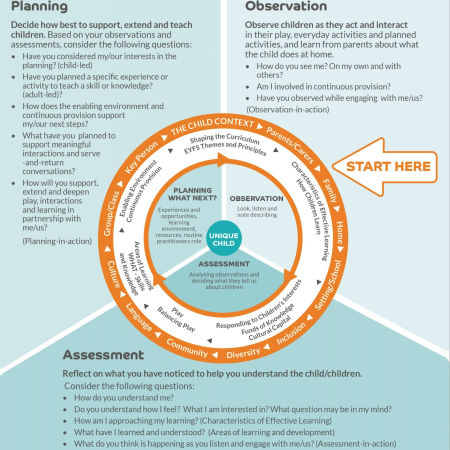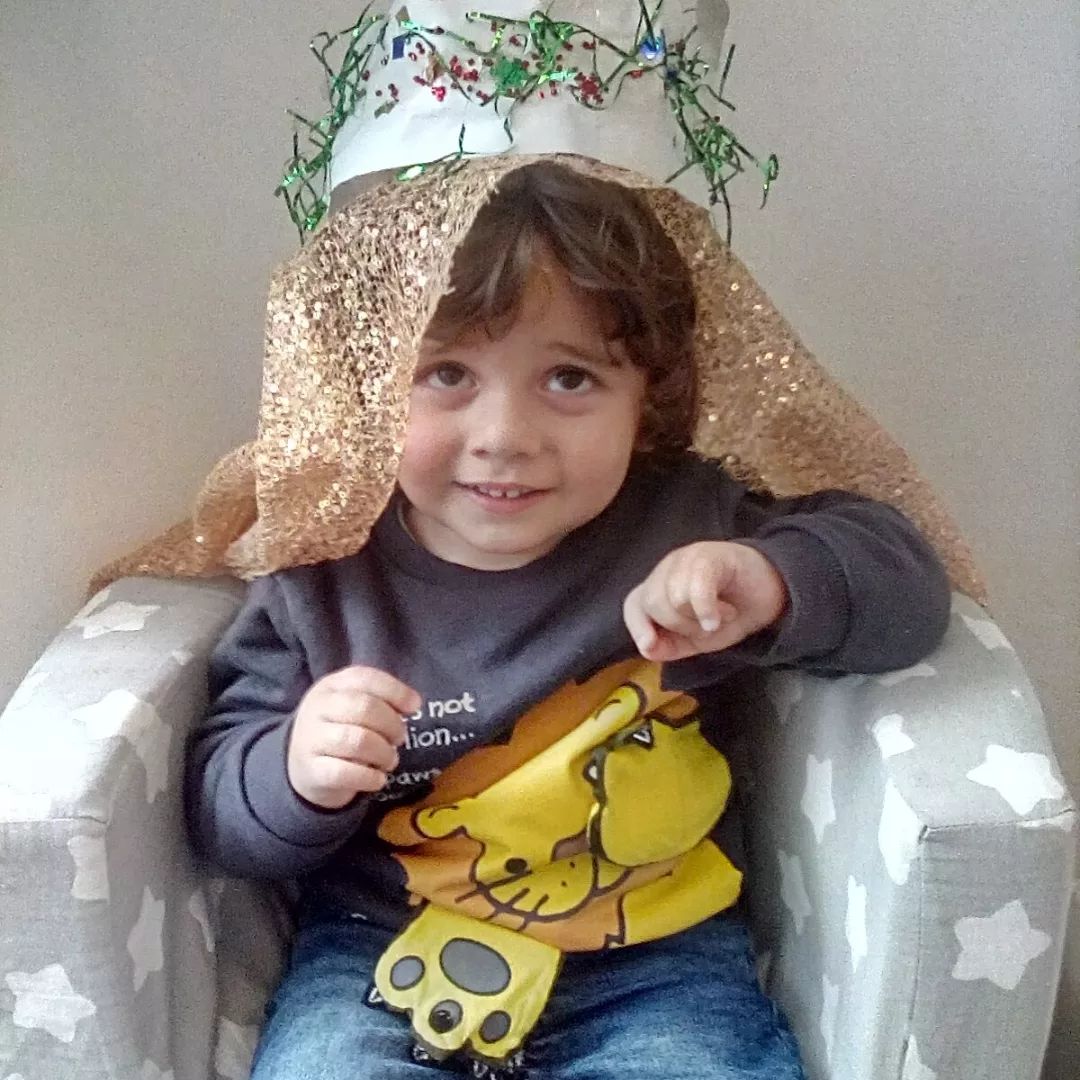
Nursery In Foleshill Coventry:
Learning & Education
Learning through Play
Here, at George Eliot Kindergarten, we understand that every child deserves the best possible start in life and the support that enables them to fulfil their potential. Children develop quickly in the early years and a child’s experiences between birth and age five, including pre-school, have a major impact on their future life chances. A secure, safe and happy childhood is important in its own right. Good parenting and high quality early learning together provide the foundation children need to make the most of their abilities and talents as they grow up, addressing all aspects of a child’s life.
The Early Years Foundation Stage (EYFS) sets the standards that all early years providers must meet to ensure that children learn and develop well and are kept healthy and safe. It promotes teaching and learning to ensure children’s ‘school readiness’ and gives children the broad range of knowledge and skills that provide the right foundation for good future progress through school and life.
As stated this framework covers children’s development from birth to 5 years.
The EYFS is designed to deliver improved outcomes for all children, across every area of learning and development.
By working in close partnership with parents we are able to form the foundation of each child’s learning and incorporate these outcomes into weekly planned activities.
Through hands on experiences and challenging and exciting activities your child will develop skills and knowledge through the seven areas of learning and development set out in the EYFS. These being:
Prime Areas
- Communication and Language
- Personal, Social and Emotional Development
- Physical Development
Providing high-quality learning experiences in these prime areas is essential for capturing children’s interests and fostering an engaging learning atmosphere.
Specific Areas Example
- Literacy
- Understanding the World
- Mathematics
- Expressive Arts and Design
Encouraging children to explore their environment is a key part of their learning process, helping them to engage with the outdoors and learn through play.

Early Years Outcomes
The “Early Years Outcomes” document demonstrates how the four themes of the Early Years Foundation Stage (EYFS) Framework and the principles that inform them work together to support the development of babies, toddlers and young children within the context of the EYFS framework. Collaboration with multi agency professionals is crucial to address the individual needs of children, especially in the context of Special Educational Needs (SEN). Our provision of specialized services for children with Special Educational Needs and Disabilities (SEND) ensures comprehensive inclusivity and supports the diverse needs of all children.
We use “Early Years Outcomes” as part of daily observations, assessment and planning for children. We can also use it as a guide to making best-fit summative judgements, with parents and colleagues, in relation to whether a child is showing typical development, may be at risk of delay or is ahead for their age. We will record this information in a Learning Journal and keep parents informed of their child’s progress through handovers, parent’s evenings and nursery events.
We operate an open door policy and welcome parents to come and speak with us in the office if you have any questions or concerns about your child’s development. You are also welcome to book an appointment with your child’s key carer if you would like to discuss your child’s progress in more detail.
Promoting Positive Behaviour
Children benefit most when adults adopt a consistent and positive approach to the management of behaviour. By establishing clear boundaries according to the level of understanding, children become aware of the routines and begin to understand what is expected of them.
Children have a lot to learn about behaving and coping with very different environments in their first five years. The children in our nursery are at varying stages of development. Our staff are sensitive to the individual needs of each child, their cultural and family backgrounds, and their developmental stage of learning.

Health and Safety
The health and safety of our children is our top priority, and we have a range of policies and procedures in place to ensure that our nursery is a safe and healthy environment. We have a rigorous cleaning schedule, and our staff team is trained in first aid and child protection. We also provide sun cream and waterproof overalls for outdoor play, and our meals and snacks are nutritious and healthy. Our nursery is fully compliant with all relevant health and safety regulations, and we have a strong commitment to safeguarding and child protection.
